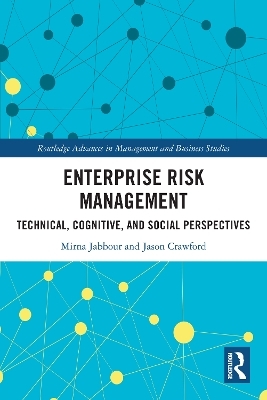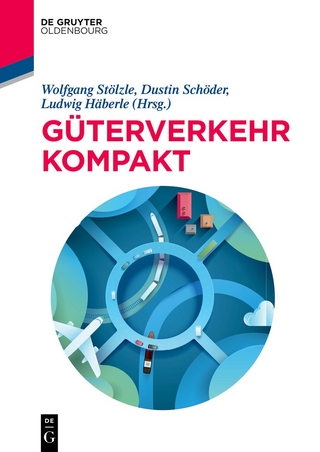
Enterprise Risk Management
Routledge (Verlag)
978-1-032-26309-0 (ISBN)
- Lieferbar (Termin unbekannt)
- Versandkostenfrei innerhalb Deutschlands
- Auch auf Rechnung
- Verfügbarkeit in der Filiale vor Ort prüfen
- Artikel merken
ERM is considered a dynamic capability that is critical to companies’ success from strategic and performance perspectives and is increasingly implemented in response to growing pressure from external stakeholders to enact and add legitimacy to existing management control systems. However, implementing ERM is a challenging process where success is dependent on balancing technical and social factors. This book explores the challenges of implementing ERM from technical, cognitive, and social perspectives to enhance the organisation’s capacity to generate and integrate information and knowledge about risk and uncertainty.
In existing publications, ERM implementation is mainly viewed from technical or educational perspectives and treated as formal, technical, linear processes. This book takes a different stance by recognising that implementation depends on formal and informal mechanisms that require a balanced combination of technical and social approaches. It changes the paradigm to demonstrate that the implementation of ERM is not a linear process that is similar across industries and organisations, but relies on multiple dependencies such as leadership, corporate governance, and the culture of the organisation.
This book will be a valuable resource for scholars, as well as upper-level students, across disciplines related to risk management, including accounting and finance, business and management, leadership, and organisational studies.
Mirna Jabbour is Scholar with expertise in enterprise risk management (ERM) and environmental disclosure and performance. Her recent work has focused specifically on broadening the scope of ERM research to include socio-cognitive aspects. Mirna’s articles have been published in internationally recognised journals in her discipline and field. She has also presented her work at many national and international conferences. She serves as a reviewer for several internationally recognised and subject-specific academic journals. Mirna previously served as Editorial Assistant of the International Journal of Management Accounting Research. Jason Crawford is Assistant Professor of Business Studies at Uppsala University in Sweden. In 2024, he received the Hans Dalborg Award for Excellence in Research in Financial Economics and the Wallander Scholarship in 2018. As well as being a member of European-based research and practitioner groups, e.g., the Swedish Risk Managers Association (SWERMA), the European Risk Research Network (ERRN), and the Management Control Association (MCA), he is also a member of a cross-disciplinary research group engaged in a project titled “AI and the Financial Markets: Accountability and Risk Management with Legal Tools”. His work has been published in academic journals and edited volumes.
Part I: Insights from the Literature 1. An Introduction to ERM 2. ERM Implementation 3. The Challenges and Dynamics of Implementation Process 4. New Risk Approaches, New Cognitive Demands Part II: Insights from Practice 5. Tools and Toolmaking 6. The Social Dynamics of ERM 7. Knowledge Management 8. ERM and Cognition 9. A Look to the Future
| Erscheinungsdatum | 15.11.2024 |
|---|---|
| Reihe/Serie | Routledge Advances in Management and Business Studies |
| Zusatzinfo | 2 Tables, black and white; 2 Line drawings, black and white; 2 Illustrations, black and white |
| Verlagsort | London |
| Sprache | englisch |
| Maße | 156 x 234 mm |
| Gewicht | 390 g |
| Themenwelt | Wirtschaft ► Betriebswirtschaft / Management ► Logistik / Produktion |
| Wirtschaft ► Betriebswirtschaft / Management ► Unternehmensführung / Management | |
| Wirtschaft ► Volkswirtschaftslehre | |
| ISBN-10 | 1-032-26309-1 / 1032263091 |
| ISBN-13 | 978-1-032-26309-0 / 9781032263090 |
| Zustand | Neuware |
| Haben Sie eine Frage zum Produkt? |
aus dem Bereich


